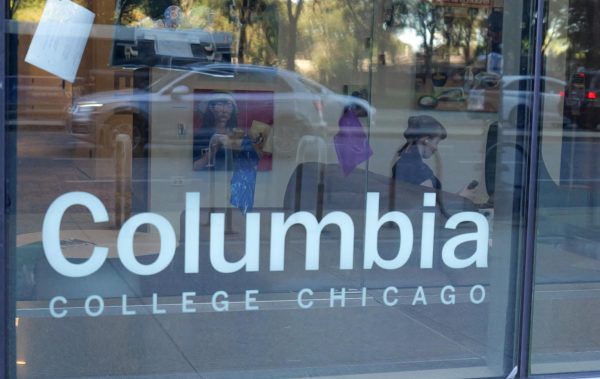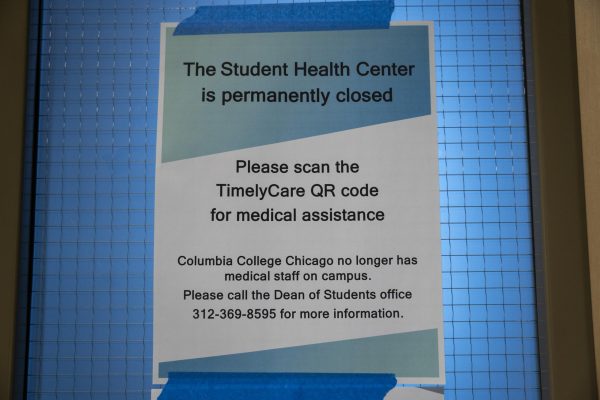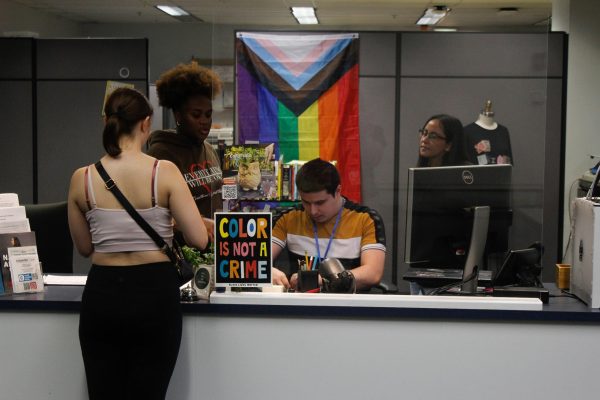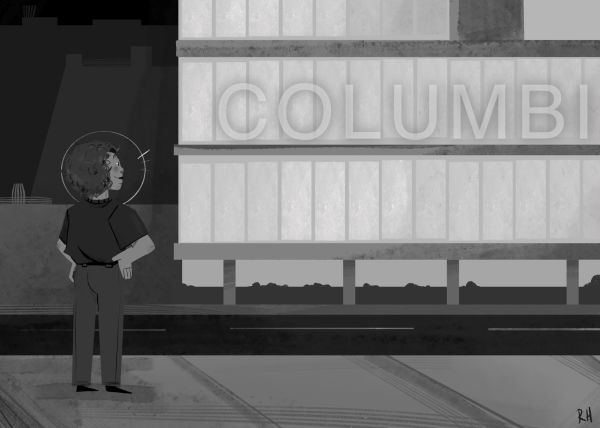Oasis coming to ‘food desert’
March 2, 2009
Residents in Chicago’s historic South Side Bronzeville neighborhood, long considered a “food desert,” will be getting a new grocery store in the coming year.
The Milwaukee-based chain Roundy’s Supermarkets has signed a lease to build a new 60,000 square-foot supermarket at 39th and State streets, near the site of the now-demolished Robert Taylor homes and Ida B. Wells public housing projects.
“Bronzeville is a vibrant neighborhood, and we are excited to open a new store there because it’s a very underserved area,” said Vivian King, director of public affairs for Roundy’s Supermarkets.
The term “food desert” refers to a geographic area that has distant or
no accessible mainstream grocery stores, said Mari Gallagher, president of Mari Gallagher Research and Consulting Group, which does market research on the topic.
“In a food desert you can go for a very long way and not come across any healthy food,” Gallagher said. “It’s hard to find regular, healthy food that would support a healthy diet.”
According to research done by Gallagher’s firm, people living in food deserts are statistically more likely to suffer prematurely from diet-related diseases and health problems like obesity, diabetes, hypertension and heart disease.
In Bronzeville, there is a mid-sized Jewel supermarket at 35th Street and South King Drive, which is still far from where many in the area live. Resident Margaret Edgenson, 69, said she would like to see more options and competition in the neighborhood.
“[Jewel’s] products are very good, but as far as income in the neighborhood, I think [their prices] are a little high,” Edgenson said.
Mary Jackson, a 58-year-old clerk at the Bronzeville Visitor Information Center, 3501 S. King Drive, said she also thinks the community needs more shopping options and looks forward to a new grocery store opening in the area.
“A lot of people complain about Jewel’s prices being too high, and they say they can’t see their money,” Jackson said. “You could spend $50 in Jewel, and you might only take out of there just one or two bags-it’s kind of high.”
Jackson said many Bronzeville and 3rd ward residents end up having to go outside of the neighborhood to shop at places like Aldi or Sav-A-Lot, where they can get better prices.
Otherwise residents are forced to shop at neighborhood stores and buy food by the day, which costs even more, Jackson said.
Jackson, a former resident of the now demolished Ida B. Wells public housing complex, lived in Bronzeville for almost 40 years, but moved in 2008 to the 6000 block of South Michigan Avenue, an area she said has even fewer food options.
“There aren’t any stores down there,” Jackson said. “I still have to come back up here [to grocery shop] because it’s in the middle of nowhere; there’s nothing down there.”
Jackson said she isn’t sure why there aren’t more grocery stores on the South Side but she has noticed that in other parts of the city there are far more options.
Jackson’s mother lives on the North Side and she said when she goes to see her there are many more grocery buying options in that area.
“I guess it’s got a lot do to with the neighborhood,” Jackson said. “I mean, if it’s not beneficial to the grocer it would kind of be a waste of their time.”
Alderman Pat Dowell (3rd ward), who promised to bring a grocery store to the ward during her campaign, is very supportive of the project, King said.
“I am excited that Roundy’s will be in our community,” Dowell said in an e-mail statement. “This is an important milestone for the residents of the 3rd ward. With the addition of Roundy’s, the 3rd ward will no longer be a food desert.”
The opening of the store will also create jobs in the ward, Dowell said.
“Bronzeville is a great neighborhood, and we hope to have a positive impact on the community,” King said.
Gallagher said there are not only health benefits for the community by bringing in a new supermarket, but it will also help economic development in the area. Larger, mainstream grocery stores tend to anchor shopping districts. Once a store goes into an area, it tends to attract other retailers and businesses, she said.
“[Bringing in a grocery store] will help improve public health … consumer access and choice and will help the local market do better in terms of a healthier, more mainstream mix of retail,” Gallagher said.
Construction has not yet started on the store, which is targeted to open in the fall of 2010, King said.







